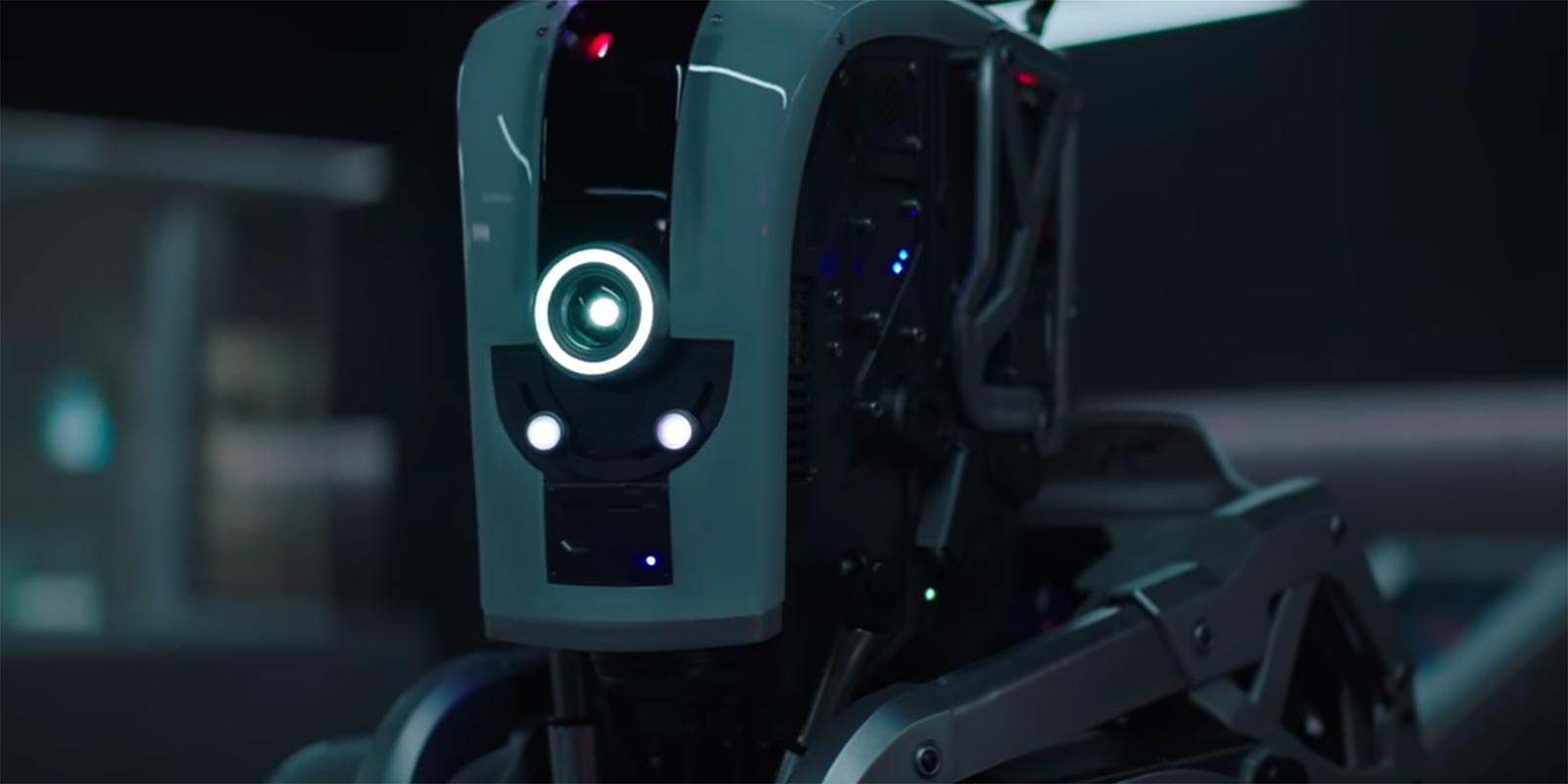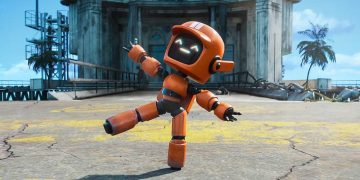Netflix has stunned with their recent release of I Am Mother. A sci-fi drama that originally premiered at the Sundance Film Festival, I Am Mother follows a murderous female robot who decides to raise a human baby.
Starring Rose Bryne as "Mother" and Clara Rugaard as "Daughter", this happy family has their world upended when "Woman"—a nameless interloper played by Hilary Swank—breaks into their high-tech facility.
The woman then tries to separate a loving parent from their child.
The Good
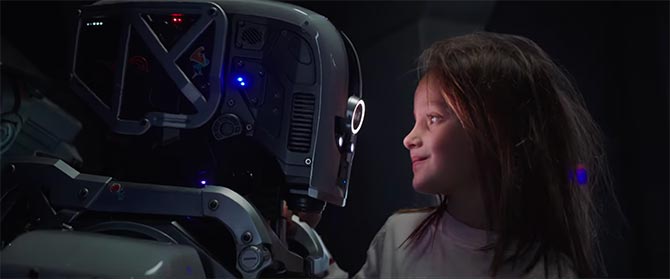
For those of us who love robots, few things get the tear ducts working like a story about sympathetic machines. Recently, other robot stories put forward by Netflix have left me wanting—Love, Death & Robots immediately comes to mind—but I Am Mother prevails.
Drawing from the tradition of 2001's A.I. and its depiction of artificial childhood, I Am Mother is a deeply empathetic film that tackles the question of family identification.
Mother is a bot who breaks from her programming when she inserts herself into an embryonic doomsday bunker.
"Why does she do this?" the audience is left wondering, as this herculean task of raising a child is not without its difficulties. Was she programmed to raise children? Is it a glitch in her system?
Mother initially struggles with the nuances of raising a child that does not follow logical programming. Eventually however, she succeeds, and she and Daughter form a familiar bond: one that is clearly full of love.
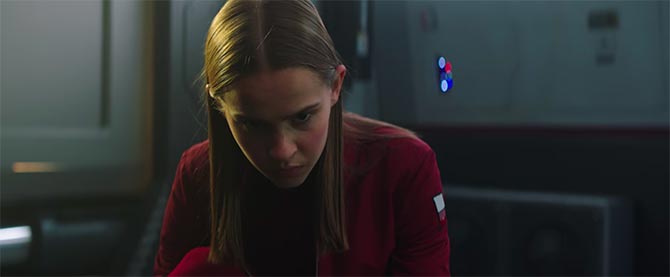
Throughout the movie we get to see Daughter grow up and react to her mother as she would a flesh-and-blood parent.
First through dependence, then emulation as a young child, followed by teenage angst and rebellion. Her need to form a sense of self outside her caregiver is something Mother struggles with, as she does not understand the human desire for self-actualization.
Temptation from the safe shell of childhood comes in the form of another woman from outside the bunker: the aforementioned interloper played by Hilary Swank.
Daughter is immediately fascinated by this woman because she can teach her about growing up in an organic body from the perspective of someone who has lived in one.
This is a skill that mother—despite her extreme attentiveness to her human child—can never quite emulate. It's also a skill that Mother is evidently jealous of.
While I'm not opposed to stories about motherhood, I'm always wary of them as they often end up with the woman (or machine) being killed once they've reproduced. The trope is very common and hurtful towards a lot of women, myself included, as it implies that we serve no purpose to the narrative outside of having children.
This is why I was initially so hesitant about the themes in I Am Mother. If writers are willing to "fridge" humans—i.e. the act of killing a female character in a gratuitous way to drive a plot—then they'll have little qualms about fridging a machine.
Instead, I Am Mother gave the impression of being self-aware of this trope and tried to subvert it. The performance of the all-female cast and how each of these women interacted with one another was especially poignant.
As a huge fan of sci-fi dramas, this is absolutely the type of well-rounded, thoughtful, feminine representation I'm looking for. Kudos to the filmmakers for doing so well.
The Bad
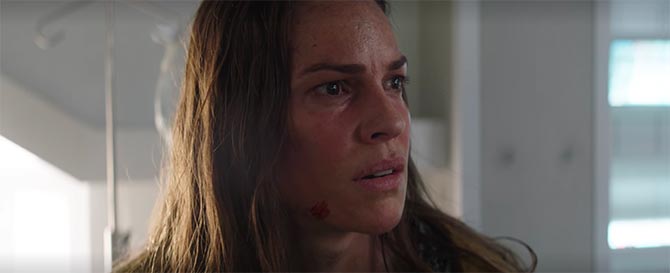
While I Am Mother is definitely worth the watch if you're a fan of robots, it's not without its flaws.
Mother's character design—and how we're given the faint impression that she's wearing "high heels"—is somewhat questionable, as heels for a murder bot and later as caregiver would be completely useless to her primary function.
Additionally, while Hilary Swank's character was incredibly engaging, the ways in which her story arc progressed were lackluster. It left me wondering why her narrative wasn't more woven into the main story, as she felt like she was a character who was tacked on to create a "convenient" problem.
The Verdict
Society's feminization of robots—and our obsession with it—is an old one. One of the best known and earliest examples is Fritz Lang's Metropolis, released in 1927.
In Metropolis, a poor woman by the name of Maria is kidnapped. She's then "cloned" to create a robotic double of herself, and this double leads the workers of the city into revolt.
